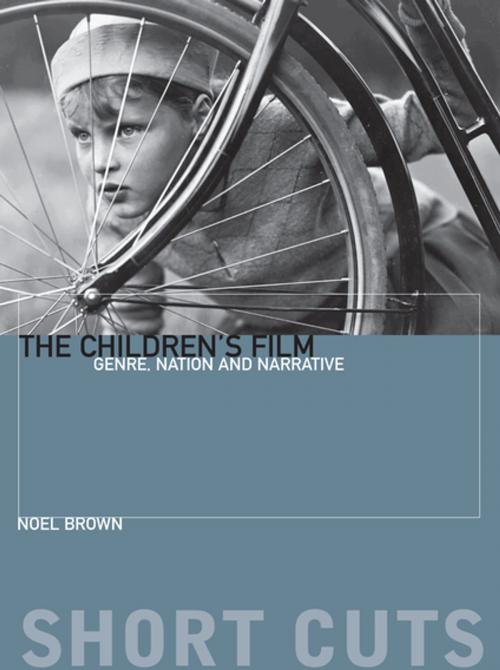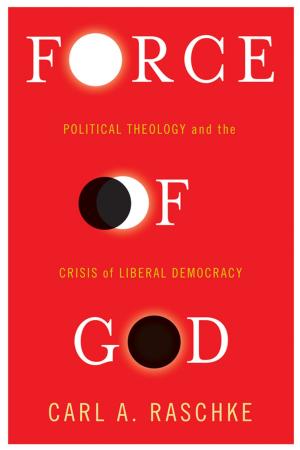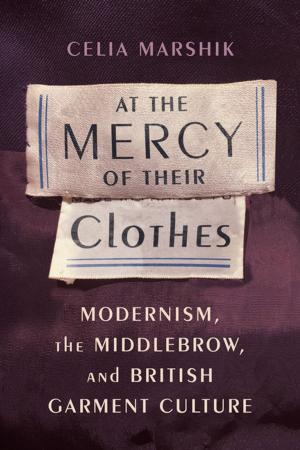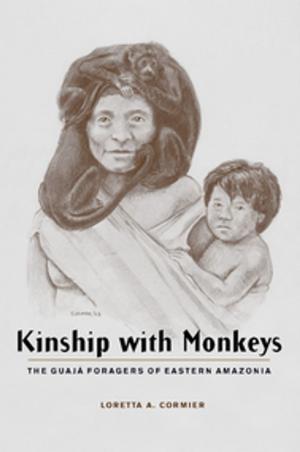The Children's Film
Genre, Nation, and Narrative
Nonfiction, Entertainment, Film, History & Criticism, Performing Arts| Author: | Noel Brown | ISBN: | 9780231851114 |
| Publisher: | Columbia University Press | Publication: | May 16, 2017 |
| Imprint: | WallFlower Press | Language: | English |
| Author: | Noel Brown |
| ISBN: | 9780231851114 |
| Publisher: | Columbia University Press |
| Publication: | May 16, 2017 |
| Imprint: | WallFlower Press |
| Language: | English |
Films for children and young people are a constant in the history of cinema, from its beginnings to the present day. This book serves as a comprehensive introduction to the children's film, examining its recurrent themes and ideologies, and common narrative and stylistic principles. Opening with a thorough consideration of how the genre may be defined, this volume goes on to explore how children's cinema has developed across its broad historical and geographic span, with particular reference to films from the United States, Britain, France, Denmark, Russia, India, and China. Analyzing changes and continuities in how children's film has been conceived, it argues for a fundamental distinction between commercial productions intended primarily to entertain, and non-commercial films made under pedagogical principles, and produced for purposes of moral and behavioral instruction. In elaborating these different forms, this book outlines a history of children's cinema from the early days of commercial cinema to the present, explores key critical issues, and provides case studies of major children's films from around the world.
Films for children and young people are a constant in the history of cinema, from its beginnings to the present day. This book serves as a comprehensive introduction to the children's film, examining its recurrent themes and ideologies, and common narrative and stylistic principles. Opening with a thorough consideration of how the genre may be defined, this volume goes on to explore how children's cinema has developed across its broad historical and geographic span, with particular reference to films from the United States, Britain, France, Denmark, Russia, India, and China. Analyzing changes and continuities in how children's film has been conceived, it argues for a fundamental distinction between commercial productions intended primarily to entertain, and non-commercial films made under pedagogical principles, and produced for purposes of moral and behavioral instruction. In elaborating these different forms, this book outlines a history of children's cinema from the early days of commercial cinema to the present, explores key critical issues, and provides case studies of major children's films from around the world.















